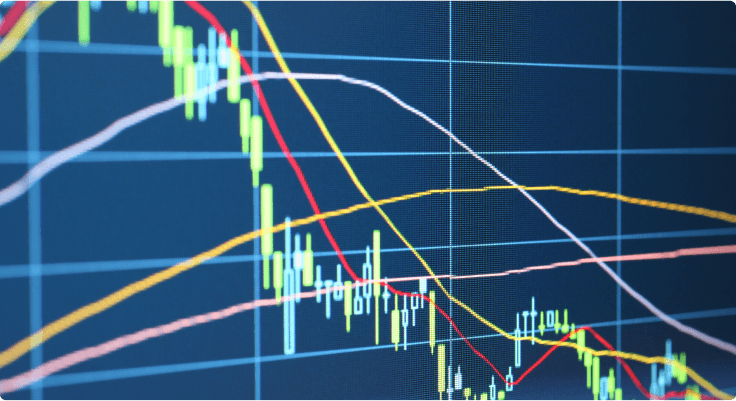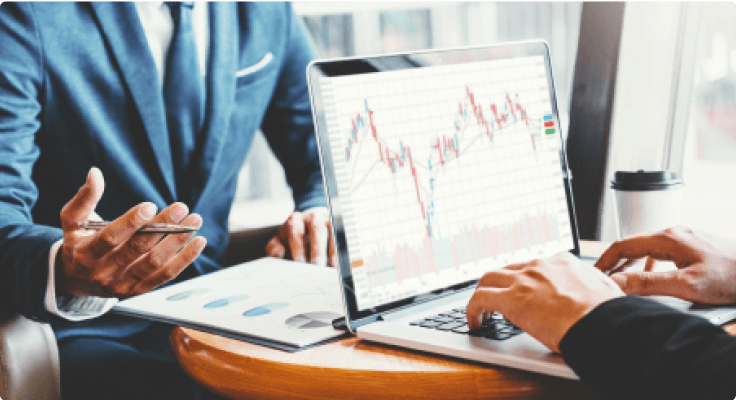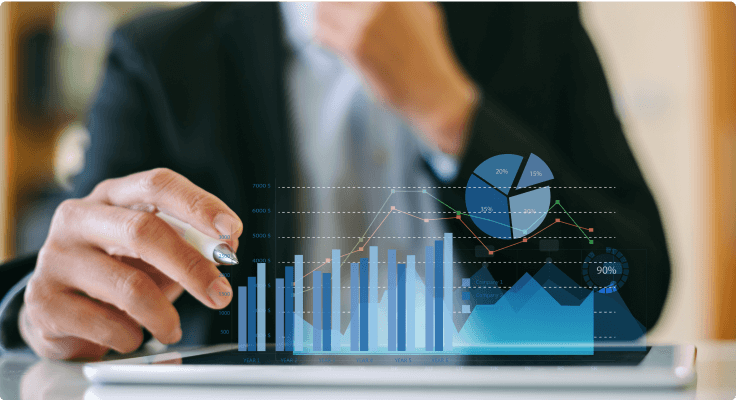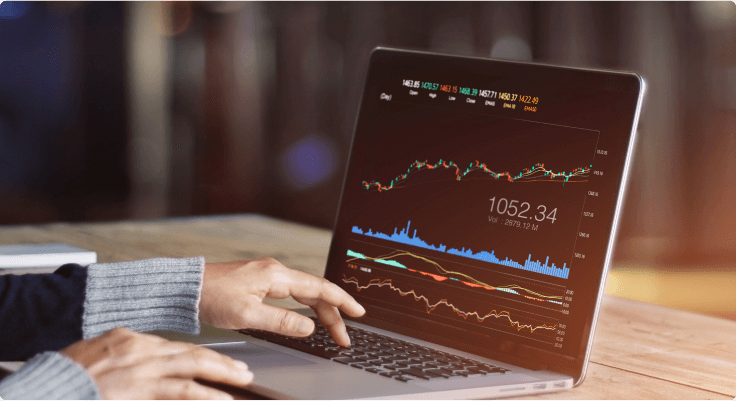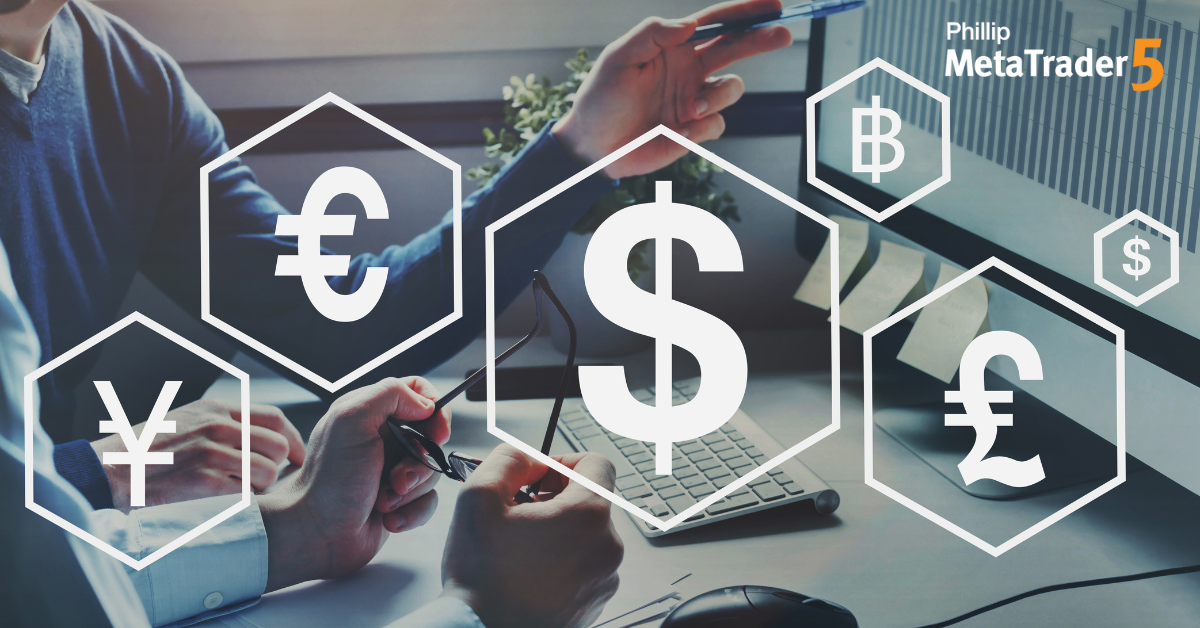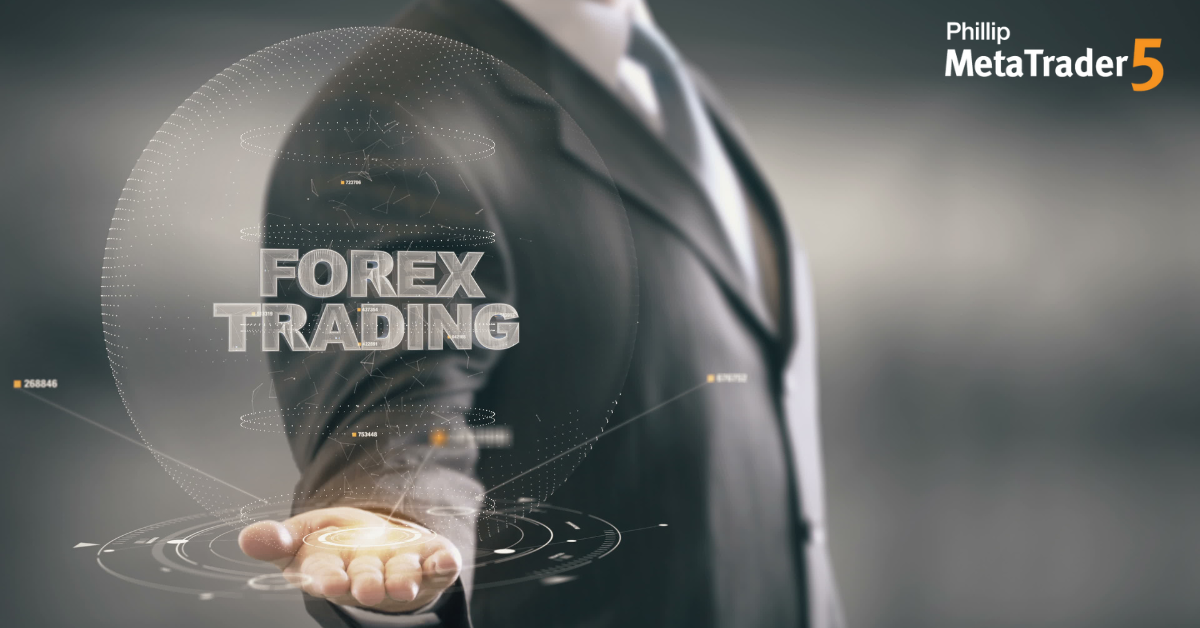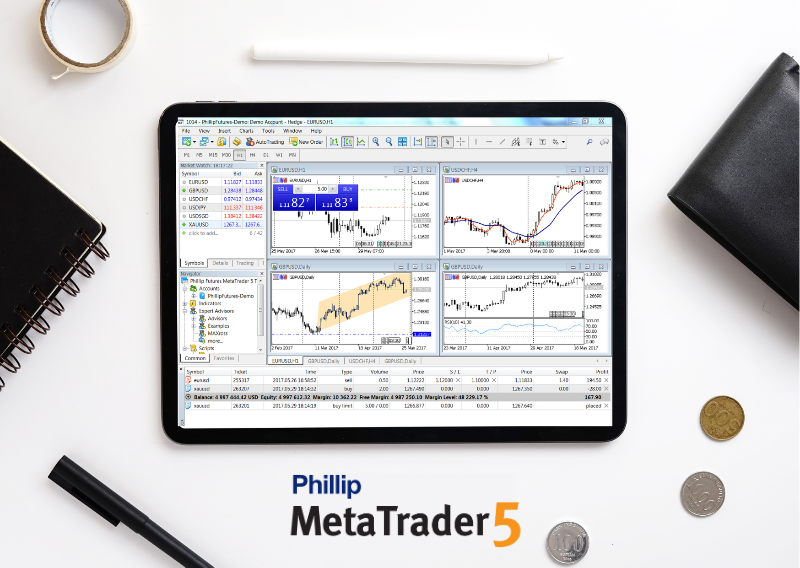Introduction
Forex trading, or foreign exchange trading, is the process of buying and selling currencies on the global market. As one of the largest and most liquid markets in the world, forex trading offers numerous opportunities for investors looking to diversify their portfolios. Understanding currency pairs, particularly the difference between forex majors and minors, is crucial for anyone interested in learning how to trade foreign currency online effectively.
How to Trade Foreign Currency?
Trading foreign currency involves speculating on the price movements of currency pairs. Here’s a step-by-step guide to help you get started:
- Understand the Forex Market: The forex market operates 24 hours a day, five days a week, with major trading sessions in London, New York, and Tokyo. To succeed in forex trading, it’s essential to understand market hours, economic indicators, and how geopolitical events affect currency prices.
- Open a Trading Account: To begin trading, you’ll need to open an account with a reputable forex broker. Look for brokers that offer competitive spreads, user-friendly platforms, and reliable customer support. Phillip Nova is a well-regarded MAS-regulated forex broker offering access to a wide range of currency pairs at tight spreads and zero commissions.
- Learn the Basics: Before placing any trades, familiarise yourself with key forex concepts, such as leverage, margin, and pips. It’s also important to understand different order types, including market orders, limit orders, and stop-loss orders, to manage your trades effectively.
- Develop a Trading Strategy: A solid trading strategy is essential for success in the forex market. Whether you prefer technical analysis, which involves studying price charts and patterns, or fundamental analysis, which focuses on economic indicators and news events, having a plan can help you make informed trading decisions.
- Practise with a Demo Account: Before risking real money, use a demo account to practise trading in a risk-free environment. This allows you to test your strategies and gain experience without financial pressure. Phillip Nova offers a free demo account for beginners to learn forex trading and hone their skills.
- Start Trading: Once you’re comfortable with your strategy and the trading platform, you can begin trading live. Start with small trades to manage risk effectively, and always stay informed about market trends and economic news.
- Comparing the Best Forex Brokers: When choosing a forex broker, consider factors such as regulatory status, trading platform features, customer support, and educational resources. It’s crucial to select a broker that meets your trading needs and provides a secure and transparent trading environment.
Understanding the Basics of Forex: Majors and Minors Currency Pairs
In forex trading, currencies are quoted in pairs, known as currency pairs. Each pair consists of a base currency and a quote currency. The base currency is the first currency listed in the pair, and the quote currency is the second. For example, in the EUR/USD pair, the euro (EUR) is the base currency, and the US dollar (USD) is the quote currency.
Currency pairs are quoted in terms of how much of the quote currency is needed to purchase one unit of the base currency. For instance, if EUR/USD is quoted at 1.2000, it means 1 euro can be exchanged for 1.2000 US dollars in the foreign currency exchange.
Forex Major Currency Pairs:
Major currency pairs involve the most traded currencies in the forex market, all paired with the US dollar. These include EUR/USD, GBP/USD, USD/JPY, USD/CHF, AUD/USD, and USD/CAD. Major pairs are known for their high liquidity and tight spreads, making them popular among traders.
Forex Minor Currency Pairs:
Minor currency pairs do not involve the US dollar but consist of major global currencies paired with each other. Examples include EUR/GBP, EUR/AUD, and GBP/JPY. While they are less liquid than major pairs, minor pairs still offer ample trading opportunities and can be a good way to diversify a forex trading strategy.
Know Your Risks: Is It Risky to Trade Forex?
Trading forex involves both opportunities and risks. Leverage in forex can amplify your gains, but it can also amplify potential losses if not managed properly. That’s why implementing effective forex risk management strategies is crucial for sustainable trading success. Discover key principles to help you manage risks and trade confidently with Phillip MT5:
- Always Set a Stop-Loss: A stop-loss order is a vital tool for protecting your capital, especially when using leverage in forex. It automatically closes a trade at a predetermined level to limit potential losses, ensuring that a single trade doesn’t heavily impact your account balance. Incorporating stop-loss orders into your strategy is essential for effective risk management and maintaining trading discipline.
- Be Selective with Your Trades: Not every trade is a good trade. Be selective and only take up trades with a sound risk-reward ratio of at least 2:1 or 3:1. This means the potential profit from a trade should be at least twice or three times the potential loss. By focusing on high-quality trading opportunities, you increase your chances of long-term success.
- Never Risk More Than 1-2% of Your Account on a Single Trade: To protect your trading capital, it’s important to limit the amount of money you risk on any single trade. A general rule of thumb is to risk no more than 1-2% of your account balance on a single trade. After establishing your entry and stop-loss levels, calculate the appropriate lot size to trade. This approach helps prevent significant losses and allows you to trade sustainably in the market.
Example Calculation (EUR/USD):
- Account Balance: $1,000
- Risk Per Trade: 1% ($10)
- Entry Price: 1.1200
- Stop-Loss Level: 1.1180 (risking 20 pips)
- Pip Value (for EUR/USD with a standard lot of 100,000 units): $10 per pip
To calculate the appropriate lot size:
Lot Size = Risk Per Trade / (Pip Value × Pip Risk)
Lot Size = 10 / (10 × 20) = 0.05
So, you would trade 0.05 standard lots (or 5 micro lots) to ensure you only risk $10 on this trade.
By adhering to these principles, you can manage your risk effectively and trade with confidence. For additional insights, exploring fx trading in Singapore can offer valuable information about the local market.
Try Before You Trade: Phillip MT5’s Free Demo Account
If you’re new to forex trading or want to test your strategies in a risk-free environment, consider registering for a free demo account with Phillip Nova. A demo account allows you to trade with virtual money, providing an excellent opportunity to learn forex trading, explore the platform’s features, and practise without the fear of losing real money.
Ready to trade live? Once you’ve gained confidence and developed your skills with the demo account, you can easily transition to a live trading account with Phillip Nova. Start your forex trading journey today with Phillip Nova’s forex platform in Singapore and take advantage of the tools and resources available to help you succeed in the dynamic world of forex.


